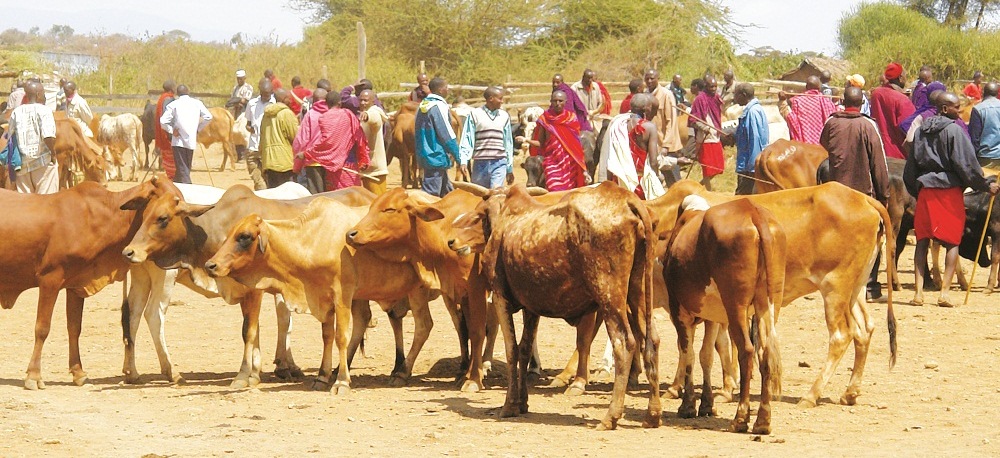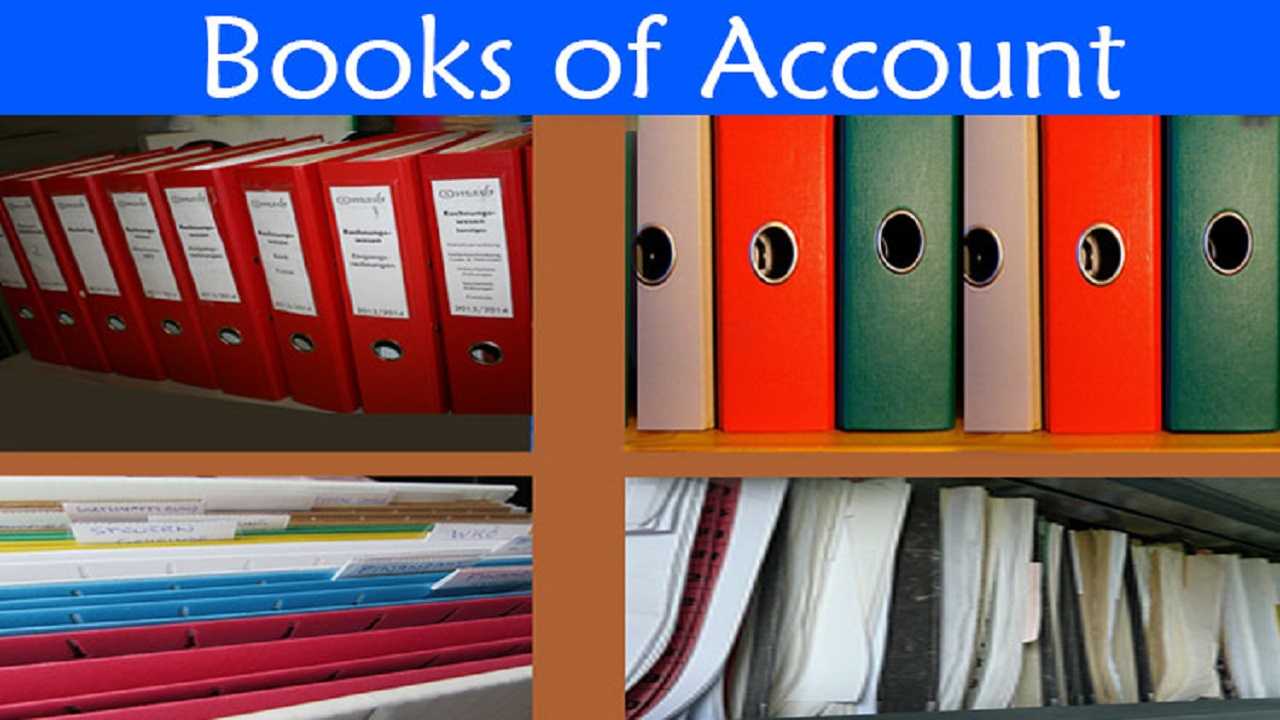By Roy Hezron
The Ministry of Agriculture, Livestock, Fisheries and Co-operatives have defended the recent move of reviewing veterinary certification fees and payments in regard to import and export of livestock products and animal feed ingredients which are charged by the Directorate of Veterinary Services.
The review saw the charges for imported livestock products increased by Sh 2,000 from the initial charges of Sh 1,000 to the current Sh 3,000 per consignment; while permits and health certificates for animals increased by Sh 1,000 from initial charges of Sh 1,000 to the new charges of Sh 2,000 per consignment.
It is estimated that the dairy sector has Sh 1.8 million smallholder farmers who are about 80 per cent of producers and who market their product through their respective Co-operatives, while the remaining 44 per cent of milk output comes from large commercial farmers.

According to a recent Nationwide Co-operative Sector Baseline Survey, there are about 477 Dairy Co-operatives in the country which account for 6.86 per cent of the total Co-operatives in the country which are about 8,814 active Co-operatives.
The Dairy commodity is the second largest category of commodities being handled by Co-operatives in the country which account for 36.81 per cent after Sugar-cane which is the first at 43.52 per cent.
The increased charges and payments which were gazetted by the Director of Veterinary Services Obadiah Njagi on November 27, 2021 will see the cost of animal feeds increased even further.
In a letter dated January 11, 2022 to the National Assembly seeking legislators concurrence and approval of the new gazetted veterinary certification fees and payments, the Cabinet Secretary in the Ministry Peter Munya noted that the fees is for providing funds for development and delivery of veterinary services and review the current charges which have been in place since 1998.
“The objective of fees is to support the services provided by the Directorate of Veterinary Services in the country by providing funds for the development and delivery of veterinary services…The last review of fees and charges was done more than 20 years ago through the Legal Notice 97 of 1998, hence the need to adjust the charges,” reads the letter in part.
According to stakeholders’ participation report in arriving to the new fees and payments, internal consultations were done with fees and charges proposals being considered in line with the veterinary services being a public good and also bearing in mind that the last fees and charges review was done in 1998.
Other factors that were considered were inflation, efficiency of the Directorate of Veterinary Services delivery, the need to align the charges with the trading partners such as East Africa Community countries.
During the stakeholders consultations the fees and charges for livestock imported permit per consignment for meat and meat products, milk and milk products, animal feeds and feedstuff, honey and other apiary products, and eggs and eggs products was reviewed from Sh 1,000 to Sh 3,000.
The rest of import permit charges remained unchanged which includes cattle for breeding per head (Sh 500), cattle for slaughter per head (Sh 20), horse per head (Sh 1000), camel for breeding per head and for slaughter (Sh 350 and Sh 50 respectively); Sheep, goats for slaughter and breeding each at Sh 10 and Sh 300 respectively, rabbits for breeding per consignment at Sh 500, pigs for breeding and slaughter each at Sh 200 and Sh 15 respectively among others.
The permit and health certificates for animals per consignment for meat and meat products, milk and milk products, animal feeds and feedstuff, honey and other apiary products, and eggs and eggs products was too reviewed from Sh 1,000 to Sh 2,000.
“The members unanimously agreed on the changes as proposed by the DVS (Directorate of Veterinary Services) and therefore the process should be moved to the next level of issuing of relevant Legal Notices for the new fees and charges to take legal effect,” reads minutes of a meeting for stakeholders on July 17, 2018 which was held at the Agricultural Information and Resource Centre in Nairobi to review the veterinary charges and fees.
The stakeholders were drawn from livestock production chain notably from livestock keepers and transporters, slaughterhouses proprietors, milk and meat exporters and importers, honey and hive products importers and exporters, animal feeds and inputs importers, and public and private animal health service providers.
The stakeholders were in agreement that the review of fees and charges need to be conducted in order to enable the DVS offer the services for the growth of livestock industry, assurance of safety of foods of animal origin, assurance of animal feed and feed input safety, promotion of domestic and international trade in livestock and livestock products; and also having a view that that the review of charges and fees be undertaken regularly in line with changing economic situation.
It was also revealed that the Veterinary diagnostic services are the main consumers of veterinary allocation with allocation in 2017/18 financial year for instance being Sh 31 million to analyze 80,000 samples as per laboratory business plan, against the budget requirement of Sh 90 million which resulted in a budget deficit of Sh 59 million.
According to stakeholders participation report the increased fees and charges which will affect the livestock industry will enable the DVS improve service delivery to stakeholders efficiently and effectively, and improve surveillance of emerging and re-emerging livestock and zoonotic diseases such as Rift Valley Fever, Anthrax, Brucellosis, Covid-19, and Foot and Mouth Disease among others.
The increased fees and charges will also improve human health and safety through control of zoonotic diseases, increased food security through protection of animal resources, increase safety of foods of animal origin; better quality livestock, livestock products and livestock by-products; protect the country against entry, establishment and spread of animal disease and pests; improve livelihood of the livestock value chain actors; and enhance contribution of the livestock industry to the Gross Domestic Product.
In 2021 most dairy farmers in the country decried for reduced profit due to high prices on the animal feeds as a result of increased prices on the raw materials used to manufacture the feeds since in Kenya, the major challenge is that the quantity required manufacturing the feeds are very low.
Some of these raw materials required to manufacture the animal feeds include soybeans and sunflower or cotton whose by-products soya bean meal, sunflower seed cake or meal and cottonseed cake or meal are the major sources of protein in animal feeds.
Soybean in particular remains the most important and preferred source of high quality vegetable protein for animal feed manufacture since Soybean meal, which is the by-product of oil extraction, has a high crude protein content of 44 to 50 percent and a balanced amino acid composition, complementary to maize meal for feed formulation; where a high level of inclusion notably at 30-40 percent is used in high performance monogastric diets.
Currently, a bag of dairy meal has gone up from about Sh 2,000 to around Sh 2,350 and above as a result of a rise in the price of a kilo of soya beans from about Sh70 to Sh130 and above.
The country’s dairy sector is estimated at 14 per cent of Kenya’s agricultural GDP and Milk, which is primarily produced by smallholder dairy farmers, account for 56 per cent of total output.
To support cooperatives in value addition, both the national and county governments have distributed milk coolers to cooperatives though most of these remain collection centres for processors, and few have engaged in processing.



